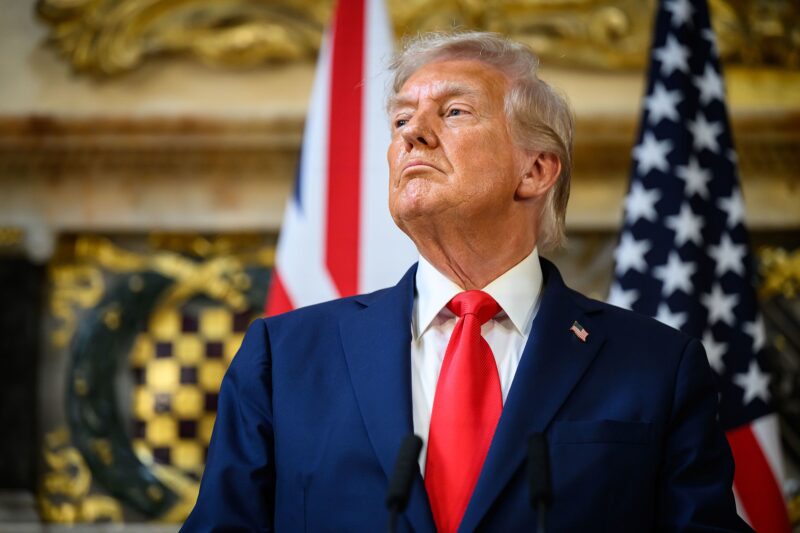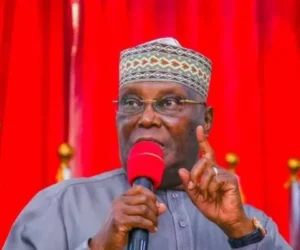Due to rising costs of foreign worker visa (H-1B) and shifting priorities, many companies in the United States (US) may increasingly turn to remote hiring or nearshore delivery models, reshaping the future of global talent mobility, according to analysts.
This comes on the back of the recent signing of the new executive order by President Donald Trump imposing a $100,000 fee on new H-1B (foreign worker) visa applications.
The H-1B is a classification of non-immigrant visa in the United States that allows U.S. employers to hire foreign workers in speciality occupations.
The move has sent shockwaves through the global tech industry and raised alarm among foreign workers, including Nigerians and other nationalities, which accounts for a large percentage of H-1B visa recipients.
Read also: Here are 10 American companies hiring and sponsoring the most foreign workers
Several major firms, including Amazon, JP Morgan, Microsoft, and Goldman Sachs, have since advised their H-1B employees to avoid international travel amid ongoing uncertainty.
Following widespread confusion, the White House has clarified that the fee is a one-off charge applicable only to new applicants. Current visa holders, including those temporarily outside the US, will not be required to pay the new fee upon re-entry.
“This is not an annual fee,” confirmed Karoline Leavitt, White House spokesperson, “It’s a one-time charge that applies solely to new petitions. Existing H-1B holders abroad will not be charged to return to the US”.
The clarification came after Howard Lutnick, Commerce Secretary, initially suggested the fee might be annual, prompting panic among visa holders and employers.
Read also: White House clarifies 100000 H1b visa fee as India and Nigeria weigh global talent mobility risks.
Industry reactions and economic implications
The US Chamber of Commerce expressed deep concern over the impact on businesses and families, stating it is working closely with the administration to assess the full implications and explore a viable path forward.
President Trump defended the measure as a means to “protect American jobs” and reduce dependency on lower-paid foreign labour. “We need great workers, and this ensures that’s what we’ll get,” he said during the signing ceremony.
Lutnick added, “Companies will now have to pay the government $100,000, then pay the employee. It’s simply not economic to train foreign workers anymore. Train Americans instead”.
Short-term pain, long-term shift
Industry analysts suggest the impact may be uneven. Large tech firms are expected to absorb the cost with minimal disruption, while mid-sized and smaller companies could face significant financial strain.
“For big tech, this won’t change the game,” said a senior executive. “Margins might tighten slightly, but operations will continue. The real pressure will be felt by smaller firms.”
He added, “Let’s not forget, American growth has historically been fuelled by immigration. Across sectors, expertise has come from abroad.
Cities must become liveable, and intellectual property must be valued. Otherwise, outrage over reverse brain drain rings hollow.”
The full impact of the executive order is expected to unfold in the coming weeks, particularly during the next H-1B visa lottery round.








